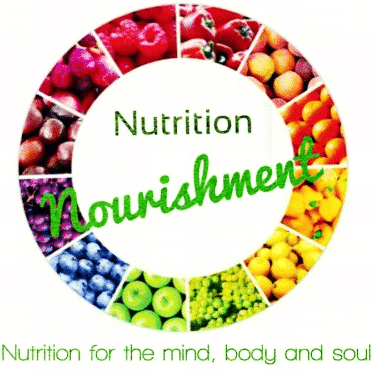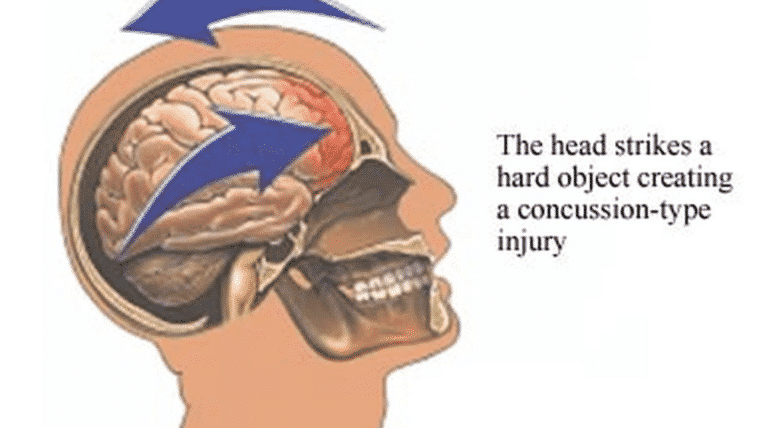Nourishment: Nutrition is the science that interprets the interaction of nutrients and other substances in food in relation to maintenance, growth, reproduction, health, and disease of an organism. It includes food intake, absorption, assimilation, biosynthesis, catabolism, and excretion.
The diet of an organism is what it eats, which is largely determined by the availability and palatability of foods. For humans, a healthy diet includes preparation of food and storage methods that preserve nutrients from oxidation, heat or leaching, and that reduces the risk of foodborne illnesses.
In humans, an unhealthy diet can cause deficiency-related diseases such as blindness, anemia, scurvy, preterm birth, stillbirth, and cretinism, or nutrient excess health-threatening conditions such as obesity and metabolic syndrome; and such common chronic systemic diseases as cardiovascular disease, diabetes, and osteoporosis. Undernutrition can lead to wasting in acute cases, and the stunting of marasmus in chronic cases of malnutrition.
Table of Contents
Explaining Organ Functions
- Lungs: provide oxygen to blood
- Heart: circulates blood throughout the body
- Stomach: helps digest food
- Intestines: absorb nutrients from food
- Liver: removes toxins from blood and processes nutrients from food
- Kidneys: filter blood of waste and extra fluid
Explaining Nutrition
Nutrition is how food affects the health of the body. Food is essential—it provides vital nutrients for survival, and helps the body function and stay healthy. Food is comprised of macronutrients including protein, carbohydrate and fat that not only offer calories to fuel the body and give it energy but play specific roles in maintaining health. Food also supplies micronutrients (vitamins and minerals) and phytochemicals that don’t provide calories but serve a variety of critical functions to ensure the body operates optimally
Explaining Macronutrients: Protein, Carbohydrate, and Fat
Protein: Found in beef, pork, chicken, game and wild meats, fish and seafood, eggs, soybeans, and other legumes included in traditional Central America cuisine, protein provides the body with amino acids. Amino acids are the building blocks of proteins that are needed for growth, development, and repair and maintenance of body tissues. Protein provides structure to muscle and bone, repairs tissues when damaged, and helps immune cells fight inflammation and infection.
Carbohydrates: The main role of a carbohydrate is to provide energy and fuel the body the same way gasoline fuels a car. Foods such as corn, chayote, beans, plantains, rice, tortilla, potatoes, and other root vegetables such as yucca, bread, and fruit deliver sugars or starches that provide carbohydrates for energy.
Energy allows the body to do daily activities as simple as walking and talking and as complex as running and moving heavy objects. Even at rest, the body needs calories to perform vital functions such as maintaining body temperature, keeping the heart beating and digesting food.
Fat: Dietary fat, which is found in oils, coconut, nuts, milk, cheese, meat, poultry, and fish, provides structure to cells and cushions membranes to help prevent damage. Oils and fats are also essential for absorbing fat-soluble vitamins including vitamin A, a nutrient important for healthy eyes and lungs.
Explaining Micronutrients: Vitamins and Minerals
Vitamins and minerals are food components that help support overall health and play important roles in cell metabolism and neurological functions.
Vitamins aid in energy production, wound healing, bone formation, immunity, and eye and skin health.
Minerals help maintain cardiovascular health and provide structure to the skeleton.
Consuming a balanced diet including fruits, vegetables, dairy, protein foods, and whole or enriched grains helps ensure the body has plenty of nutrients to use. Providing a few examples of specific micronutrient functions can enhance the effectiveness of nutrition education:
- Vitamin A helps the eyes to see
- Calcium and magnesium help muscles and blood vessels relax, preventing cramps and high blood pressure
- Vitamin C helps wounds heal and the body’s ability to fight off germs
- Iron helps the blood transport oxygen throughout the body and prevents anemia




